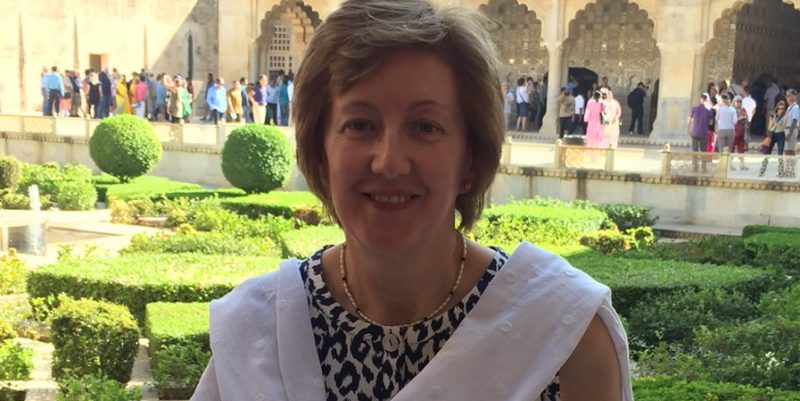I changed all my A-levels halfway through – I chose arts subjects at first but was much better at science, and medicine combines science and arts. A good doctor needs not just knowledge but skills of interpretation and communication.
I had intended to be a GP, which involved some training in obstetrics, and I loved working on labour ward so much that I stayed, working nights and 84-hour-weeks until I had a baby myself and moved into research. I was inspired by a lecture from Howard Jacobs, then professor of endocrinology at the Middlesex, and had the happiest 3 years of my career working with him. As a consultant I had the best of both worlds – my heart was in maternity work with its joys and dramas, and intellectually the world of IVF and endocrinology has been fascinating and fast-moving.
Robert Edwards was in Cambridge when I was a student there, and the first IVF baby was born when I was studying clinical medicine, now there are 5 million IVF babies so my career has run alongside these incredible advances.
I developed the fertility services at UCLH since being appointed as consultant 20 years ago, and have run the largest UK training programme in reproductive medicine. I’m also clinical advisor to the NICE women’s health guideline programme, based at the RCOG, covering a wide range of topics – for example we’re currently working on care of women at high risk of complications in labour.
I’m on the Scientific and Clinical Advisory Group of the HFEA, which regulates UK practice in assisted conception and research involving human embryos. I was the elected London representative on RCOG Council for many years and I’m currently on the Council of the British Fertility Society and the British Menopause Society.
